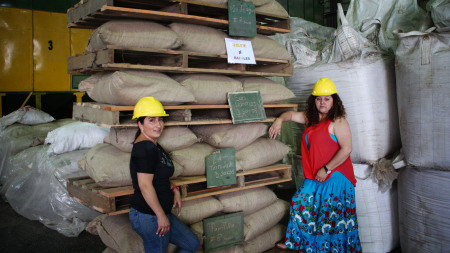 The door refused to open. It said, “Five cents, please.” –Philip K. Dick (1969)
The door refused to open. It said, “Five cents, please.” –Philip K. Dick (1969)
For some, Jean Baudrillard writes in postmodern twaddle. I recommend reading him first as heady science fiction that suddenly rewards that suspension of disbelief. After all, even a scientist in the age of agribusiness R&D, freighted with the humiliation of the end of curiosity-driven science, must retain a morsel of self-respect.
While Karl Marx illuminates the capitalist machinery in–as Francis Wheen pointed out–the surrealist digressions of Tristam Shandy, a favorite novel, and István Mészáros in commodization’s epistemological costs, I find Baudrillard’s enigmatic aphorisms debone some of the metaphysical gobbledygook even modernity’s opposition accepts.
Don’t get me wrong, some Baudrillard is outright bullshit. His quantum physics envy is the hiding place of every pseudoscientific quack with an exit through the gift shop. I once walked out of a rapt Bay Area screening, wallet intact, for that cheap scam.
 Every once in a while, we have to take a stab at putting all the pieces together. In some ways these ten theses on farming and disease only touch on what I, and others, have been saying all along. But there’s a growing understanding of the functional relationships health, food justice, and the environment share. They’re not just ticks on a checklist of good things capitalism shits on. Falsifying
Every once in a while, we have to take a stab at putting all the pieces together. In some ways these ten theses on farming and disease only touch on what I, and others, have been saying all along. But there’s a growing understanding of the functional relationships health, food justice, and the environment share. They’re not just ticks on a checklist of good things capitalism shits on. Falsifying  Here’s
Here’s  They lived like monkeys still, while their new god powers lay around them in the weeds. ― Kim Stanley Robinson, Red Mars
They lived like monkeys still, while their new god powers lay around them in the weeds. ― Kim Stanley Robinson, Red Mars One can’t help but cheer the
One can’t help but cheer the 


